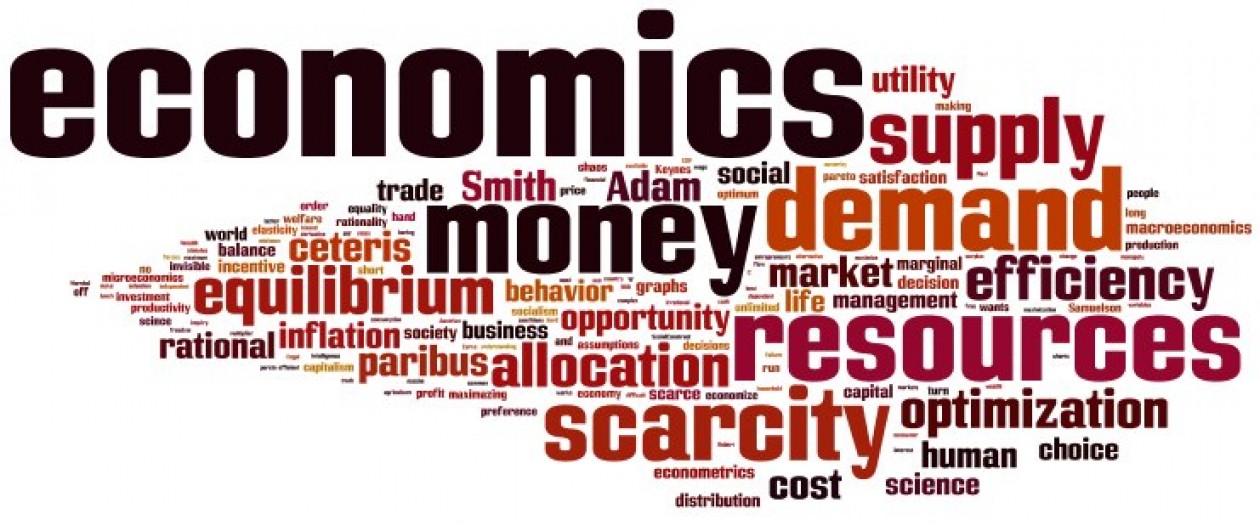Economics, at times, is classified as positive economics or as normative economics. Positive economics refers to that part of economic analysis in which solutions to basic economic problems recognize no considerations be they social or humanitarian. The entire analysis is based on ‘as is what is’ and not on ‘what it should be’.
Normative economics, on the other hand, refers to that part of economic analysis in which solutions to basic economic problems do recognize all the considerations be they social or humanitarian.
The analysis is not based on ‘as is what is’ but on ‘what it should be’. When production and consumption of liquor are allowed by the State just because they generate sizeable revenue for it, the State is certainly indulging in positive economics but when the same are banned by the State on the grounds that they are injurious to human health, the State is said to be indulging in normative economics.
ADVERTISEMENTS:
In the former case, the State operates on the basis of ‘as is what is’ but in the latter case, it operates on the basis of ‘what it should be’. In the former case State’s priority is its own interest of earning revenue while in the latter case; its priority is social welfare.
When a government takes to production and distribution of goods and services of public utility at prices below the production costs incurring in the process a heavy loss of revenue for itself or when it provides free services of health and education or when it grants subsidy on certain production or when it decides to take over certain sick industries with an objective of retaining workers in their employment, it certainly believes in normative economics but if it allows things to proceed as they are with little or no respect for social or humanitarian considerations, it for sure is indulging in positive economics.
All market oriented activities relate to positive economics while all welfare oriented activities relate to normative economics. Generally, all market oriented economies subscribe to positive economics while all centrally planned economies subscribe to normative economics.
ADVERTISEMENTS:
Of the two, neither is perfect. In fact it is a judicious mix of the two that is considered ideal by economists. We will learn more about them in the next section.

